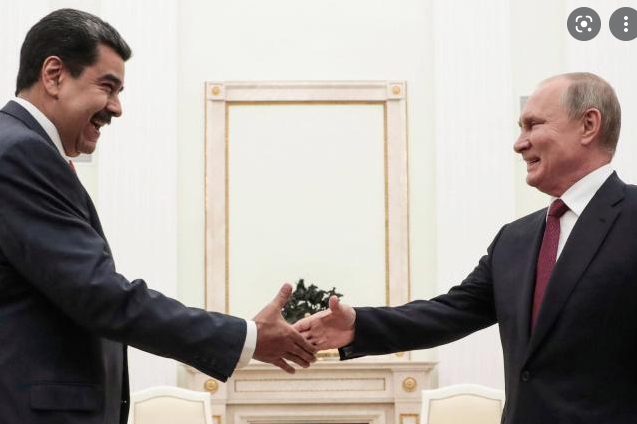Tensions on Ukraine’s eastern border led to Russia’s massive invasion on February 24, the most recent of 28 military incursions outside its borders since 1991. During the first 48 hours of the hostilities, the reactions of the world’s governments were swift, especially through social networks. Most Latin American governments categorically rejected the use of force in the resolution of the conflict. However, as expected, the authoritarian governments of the region closed ranks in support of Russia.
Latin American voices in the Security Council
Within the predominant diplomatic position condemning the invasion, Mexico and Brazil stand out. These are non-permanent members of the United Nations Security Council, and since the early hours of February 24 they have been in emergency session in order to generate a resolution that would allow, above all, a cease-fire. So far, this has not been achieved, as Russia has exercised its right to veto despite being the only vote against the resolution.
In these deliberations, both the spokesman of the Brazilian representative, Ronaldo Costa Filho, and the Mexican ambassador, Alicia Buenrostro, were in tune despite the ideological differences of both governments. They both rejected what they called a “flagrant violation of international law”. Both stressed the importance of the return to negotiations, to the fulfillment of the Minsk agreements, and warned of the human cost that this armed incursion will cause. The Mexican diplomat even directly questioned the Russian representative, Vasili Alekseyevich Nebenzia, for having assured several times that Russia would not invade Ukraine.
In addition to these pronouncements, governments such as those of Brazil, Colombia, Ecuador, and Peru have coordinated efforts since Friday, February 25, to collaborate in the logistical work of evacuating their nationals in Ukraine or in Eastern European nations.
In Latin America, meanwhile, the movements of the opposing powers have been glimpsed. The same day that the aerial bombardment began, the new Minister of Defense of Honduras, José Zelaya, received in Tegucigalpa the commanding general of the US Southern Command, Laura Richardson, who offered military aid to the new government. Meanwhile, the president of the Russian Parliament, Vyacheslav Volodin, met in Havana with Cuban President, Miguel Díaz-Canel. These are anecdotal images, but they seem to make clear the tendencies and alliances of the governments of the region in the face of international events.
Discordant voices
The immediate diplomatic reaction in the region has been mostly a rejection of the use of force by the Russian government. However, Bolivian President, Luis Arce, made a pallid call for peace without further qualification of the conflict, while the mediatic President of El Salvador, Nayib Bukele, who has questioned the credibility of the United States before the Russian offensive started, has not yet made a statement.
As expected, Cuba, Nicaragua, and Venezuela “closed ranks” in open support of Russia’s military actions in their official communiqués, following the line of argument that Russia seeks to liberate Ukraine from fascism and to defend pro-Russian minorities from an alleged “genocide” being conducted by the Ukrainian government. In this way, these governments, with their undeniable dictatorial drift, are moving closer to one of the few international allies they still maintain.
These visions are aligned with the propaganda narrative sponsored by the Kremlin. Even some official social media accounts of these governments openly propagate the versions of Russian media such as RT or Sputnik banned by the European Union and Facebook-, as well as other media ideologically aligned with Russia, such as Telesur and Al Mayadeen.
This notorious discordance reveals an open departure from two of the guiding principles of international law: the principle of self-determination and the rejection of the use of force for the resolution of conflicts. In this way, it is also evident the distancing of these tyrannies of the radical left with the new governments of the democratic left of the region.
These discordant declarations, however, are in the minority and contrast with the diplomatic messages of most of the governments of the region rejecting the unjustified use of force and seeking a peaceful resolution to a conflict that continues to leave victims in its wake.
Translated from Spanish to English by Alek Langford











